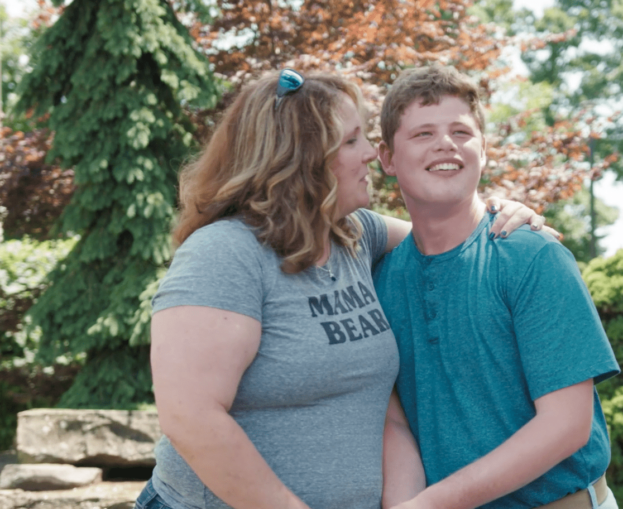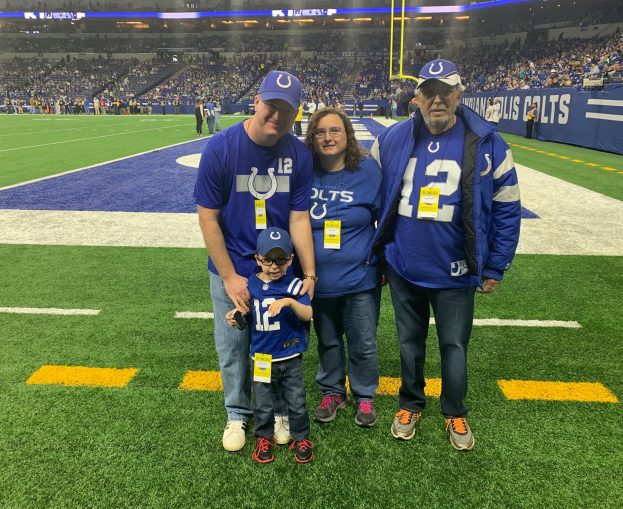Respite Care Is Essential
For parents, guardians or other caregivers, the occasional break from pressing responsibilities can be a real treat. A date night, a weekend getaway or simply a day when the kids are out of the house can do wonders to lower stress levels.
For parents, guardians or caregivers of children or adults with special needs, such breaks are more than a treat. They are essential.
That’s why I am a strong advocate of respite care.
This is no small matter. Caregivers for someone with special needs must be relentlessly vigilant, watching to make sure the loved one in their care doesn’t wander away, or act out in a way that could hurt themselves or others. The caregivers often attend to their loved one’s every need, from the smallest to the biggest. They must process and think before they react. Meanwhile, the myriad day-to-day concerns and worries we all have—money, relationships, jobs and more—become intensified by their caregiving.
For some, this attentiveness and anxiety doesn’t subside when they’re sleeping, as they worry about what might happen if the person they are caring for should wake up.
As you can imagine, this situation isn’t healthy for the caregiver or the ones they’re caring for. While the pressures of constant care can affect a caregiver’s mental and physical health, it also affects their relationships. Divorce is more likely in families with children with special needs, and even surviving marriages can suffer. In fact, one study directly linked respite care to improved marital quality.
As you might expect, if a caregiver is exhausted or feeling overwhelmed, the person being cared for might not get the needed quality or quantity of care. According to researchers at the University of Pennsylvania, individuals with autism spectrum disorder are more likely to spend time in a psychiatric hospital if their caregivers do not get needed respite care.
Caring for someone with special needs is hard work, and we should acknowledge that and support opportunities for caregivers to take time off to rest and rejuvenate.
Respite care can take many forms—from the brief and informal to the longer and more structured. It can range from a grandparent watching a child or adult while the caregiver takes a shower to the child or adult being taken somewhere else to be cared for by paid professionals. It can be a consistent program—daily or a few times a week, for example—or an every-once-in-a-while arrangement. And it can be paid for out of the caregiver’s pocket or supported by a third-party payer such as private insurance or Medicaid.
If you or someone you know is in need of respite care, here are a few things to keep in mind.
- Don’t hesitate to ask. Caregivers often hesitate to ask for help, sometimes simply because they feel they shouldn’t “shirk their responsibility.” They actually have a responsibility to take a break so they can do their best.
- Don’t overlook family and friends… People who love you often are eager to help.
- …but don’t think they’re your only option. Some people close to you might feel intimidated by the task, or might not have time. Check into other options. These might include organizations focused on serving families affected by disabilities, government agencies, specialized daycare providers or others.
- Consider your range of options. Respite care includes overnight, daytime, weekend and weekday care, as well as summer camps, special events and more.
- Research your options. Learn about agencies and organizations (such as Damar) that offer respite care, ask others what they have found, inquire at school, look online, and more.
- Learn about funding options. Don’t assume you can’t afford respite care. As I said earlier, some third-party payers, including Medicaid, might cover the cost for you.
Of course, Damar provides a range of respite services, but we also are more than happy to offer advice and assist you in finding the respite care that works for you. To let us help, go to our Respite Services page and fill out the form under “Contact Damar” at the bottom of the page. We’ll get back to you as quickly as possible.
Regardless of how you find respite services, if you or someone you love is a caregiver, DO make sure you get respite services. You’ll be happier and healthier, and, as a result, you’ll be better equipped to give the best care possible. After all, that’s what you want to do.





